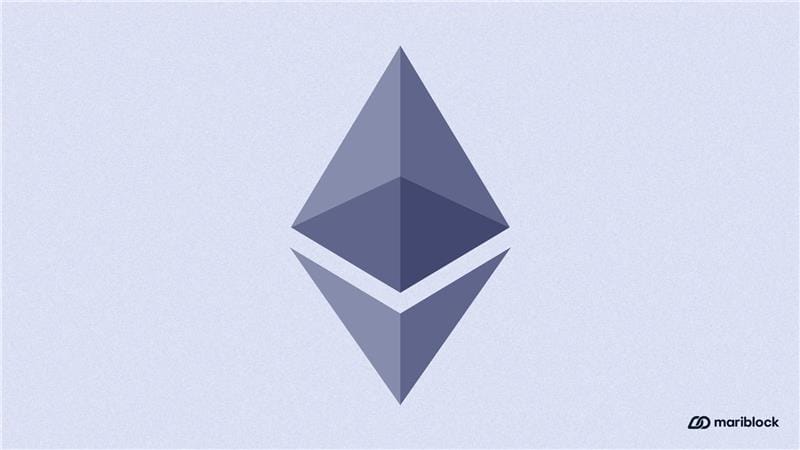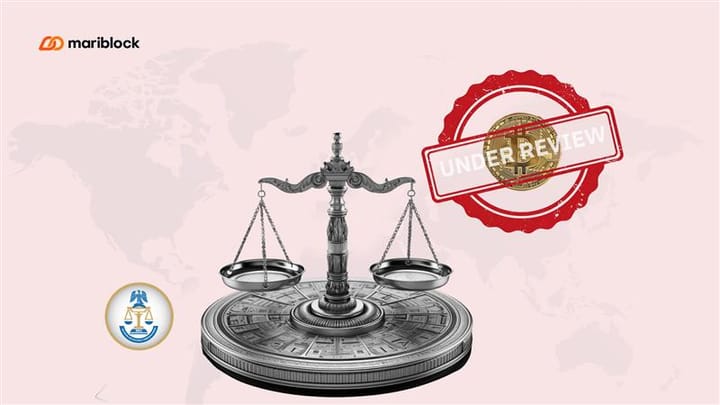Ethereum ecosystem support program gives out $13 million in Q3
At least five African companies benefitted from the latest batch of the ecosystem grant allocation from Ethereum.

Global blockchain platform Ethereum has announced that it gave out $12.8 million in grants in the third quarter of the year to companies and projects that strengthen its foundations. At least five of these beneficiaries are African companies.
The details
- Announcing the development in a blog post, the Ethereum Foundation said it shared the funds through its Ecosystem Support Program at an undisclosed proportion among 75 companies, five of which are African.
- Nigeria-based Web3Bridge received funding to support the 11th and 12th cohorts of its 16-week training program for blockchain developers.
- Web3Clubs, a three-month Solidity training program in Nairobi, Kenya got in on the funding round.
- In addition, Rwanda-based African Blockchain Institute also benefitted from the grant to support its hands-on boot camp to introduce Beninois teenagers to blockchain.
- The other two African companies are Borderless Africa, funded to support its two-week residency program for African builders in Kenya and Danny Thomx, for his free three-month Ethereum training program in Rwanda.
- However, it is unclear the specific portion of funding these companies received.
- The Ethereum Foundation’s ESP is its public-facing grant allocation program. It typically funds specific projects it believes will prop up the Ethereum ecosystem, contribute to open-source developer tools and educate its community.
- Over the year, it has given out over $31 million to several companies across the world and more than 10 African companies have benefitted from the program.
Zoom out
- This development further highlights how African companies only get a minor fraction of the global funding packages for blockchain companies.
- A report found out that African companies received only 1.8% of the total global blockchain venture funding in the first half of 2024.
- An important caveat, however, is the report classified global companies headquartered in Africa as African.
- A review of the report without these global companies further highlights the dearth of funding avenues available to African blockchain companies building products specifically for the region.



